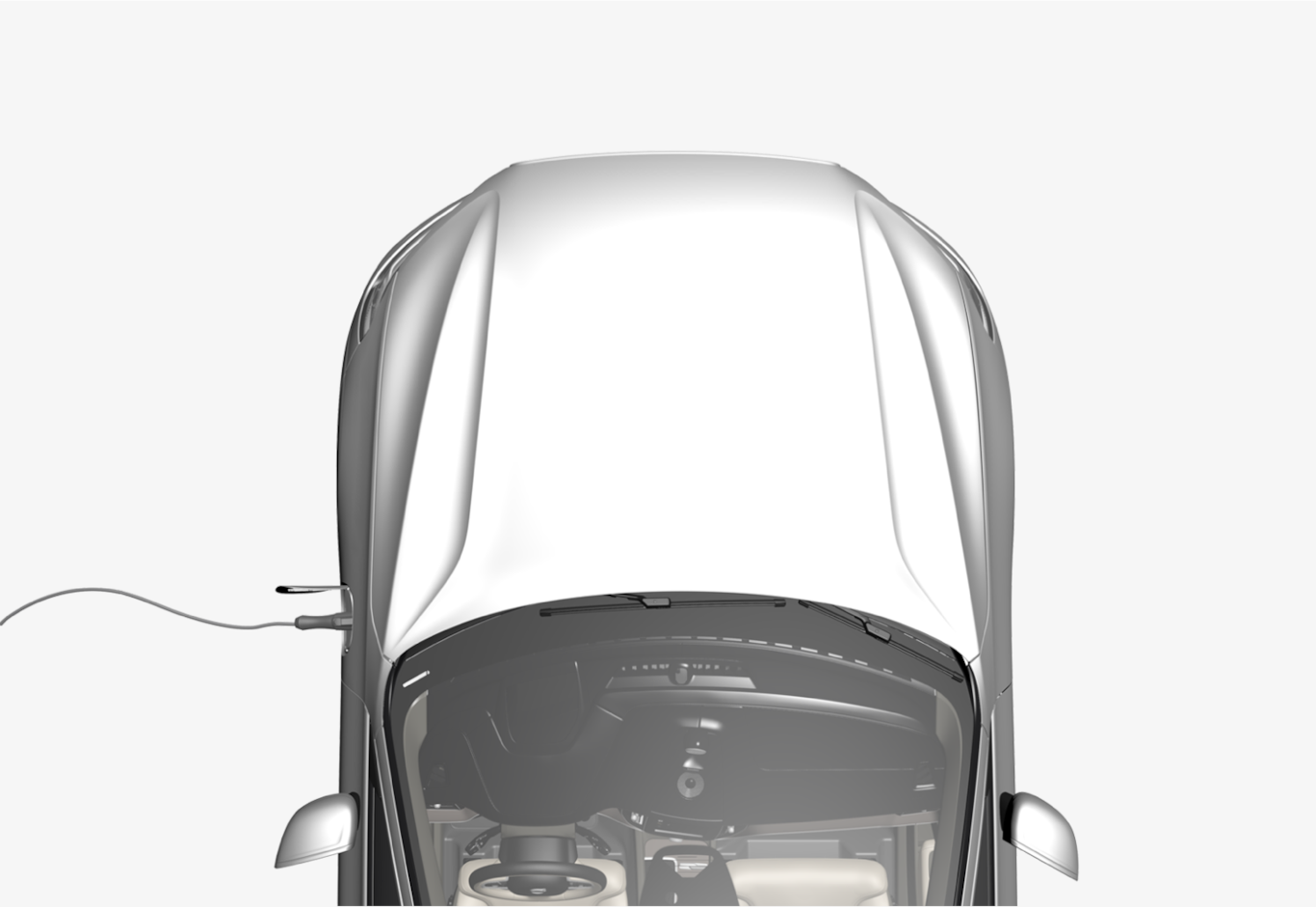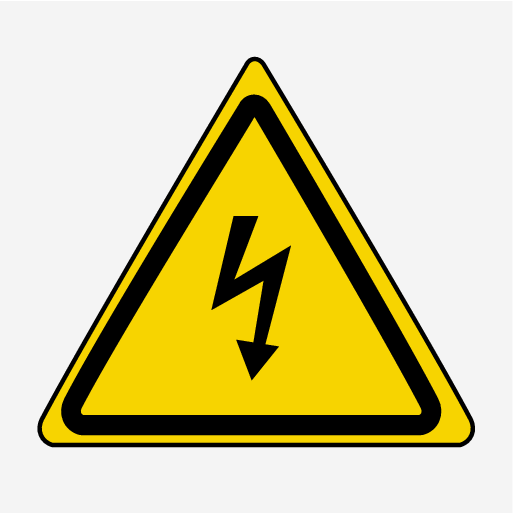Charging the hybrid battery

The hybrid battery is recharged using the charging cable. It can also be recharged during light braking and through engine braking in gear position B. The combustion engine can also help recharge the hybrid battery. The vehicle's start battery is charged when the hybrid battery is charged.
The hybrid battery's charging time depends on the amperage used.
While driving
The instrument panel shows charging information, selected drive mode, distance to discharged battery, and the hybrid battery's charge level.
Different drive modes can be selected while driving, e.g. electric power only or, if more power is needed, a combination of electric and gasoline power. The vehicle calculates a combination of driveability, driving experience, environmental impact and fuel economy for the selected drive mode.
Effect of temperature
The hybrid battery with associated electrical drive system as well as gasoline engine and its drive system, work better when they are at the correct operating temperature.
If the hybrid battery's temperature is below -10 °C (14 °F) or above 40 °C (104 °F), some of the vehicle's functions may be reduced or not available at all.
The electric motor cannot be used if the battery's temperature is too low or too high.
Important
Note
Warning
California Proposition 65
Operating, servicing and maintaining a passenger vehicle can expose you to chemicals including engine exhaust, carbon monoxide, phthalates, and lead, which are known to the State of California to cause cancer and birth defects or other reproductive harm. To minimize exposure, avoid breathing exhaust, do not idle the engine except as necessary, service your vehicle in a well ventilated area and wear gloves or wash your hands frequently when servicing your vehicle. For more information go to www.P65Warnings.ca.gov/passenger-vehicle.
Warning
Warning
Exterior engine noise
Note
High-voltage electrical current

Warning
Warning
Do not touch anything that is not clearly described in this Owner's Manual.